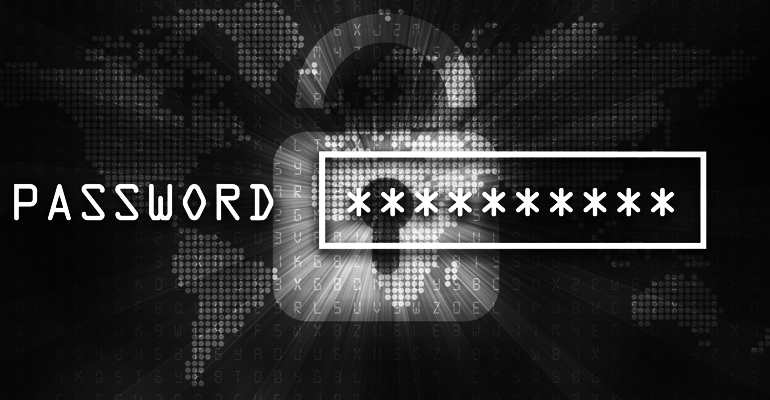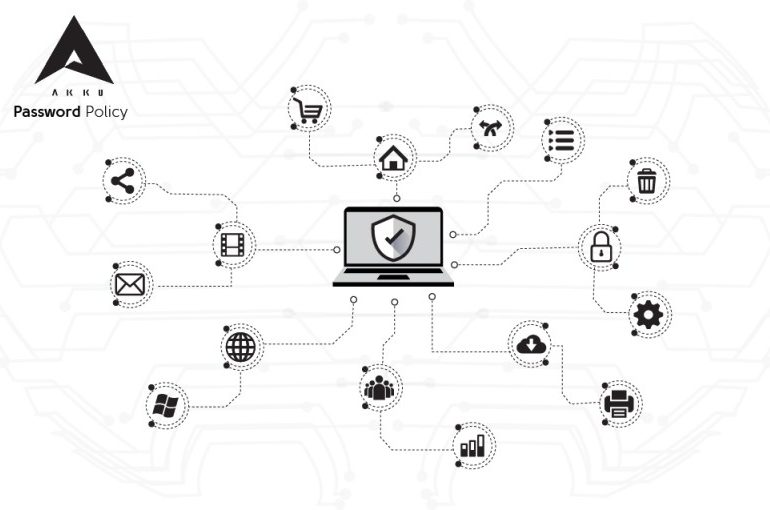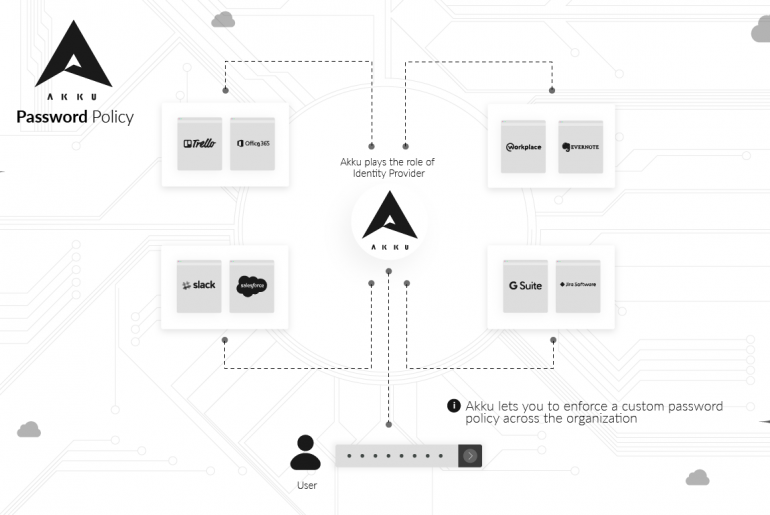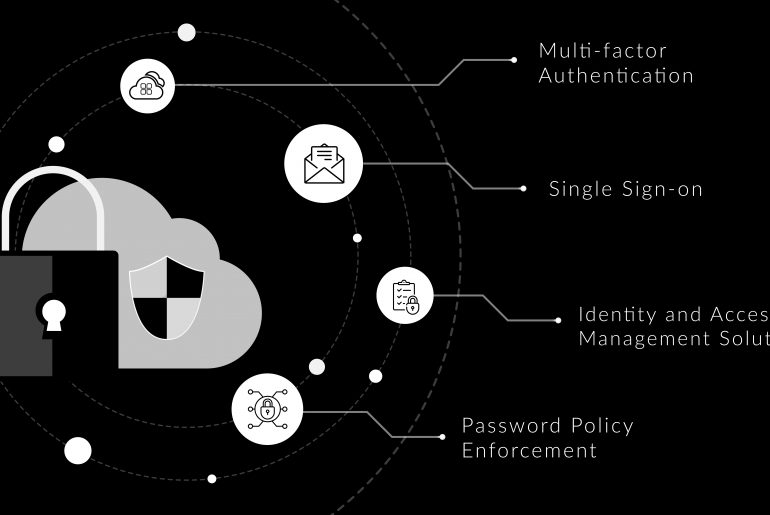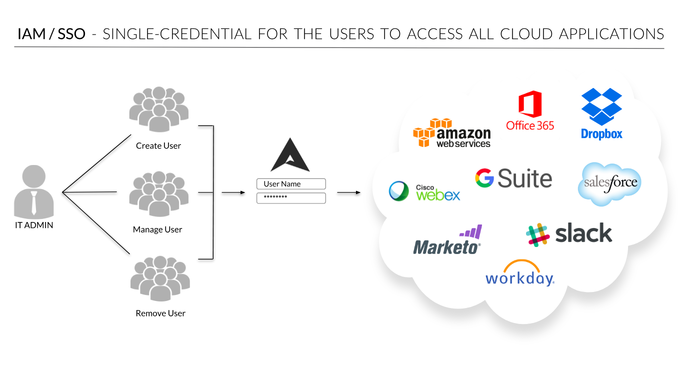Most people use a Password Manager to save their account passwords. A password manager is an app or device which serves as a single collection point for all of a user’s account credentials. LastPass and Dashlane are two well-known password managers in the market. The usage of a password manager presents a security risk in case of a data breach. In fact, as per the Independent, the password manager LastPass was hacked and a data breach did occur, compromising user credentials.
Your password – your secret passphrase or PIN that you use for your email, social media profile, or applications at work – is necessary for you to gain access to your accounts. But more importantly, your password plays a critical role in ensuring that no one else has access to your accounts, ensuring the security and privacy of your own as well as your organization’s data and applications.
An array of information being stored online comes with major security risks. Therefore safeguarding data is an important consideration at any organization. And the security of your data relies heavily on the strength of your users’ passwords. The stronger your passwords, the more secure your data! It is important for administrators to drive a strong password policy enforcement, as it is the first layer of defence against black hat hackers and scammers.
A password policy is a set of rules created to upgrade an application’s security by requiring its users to frame a strong password and to utilize it in an appropriate way.
Cloud technology has broken several operational barriers to make remote data access easy. It allows you to scale your business with minimal cost while securely holding business-critical data and applications. But with all these advantages comes a catch – managing personnel access for all the applications and files in your network has become increasingly cumbersome.
Identity and Access Management (or IAM) solutions – also known as Identity Management (IdM) solutions – form a critical component of an enterprise’s IT security. And when used with cloud-based applications, they form part of a powerful cloud security set up too.

